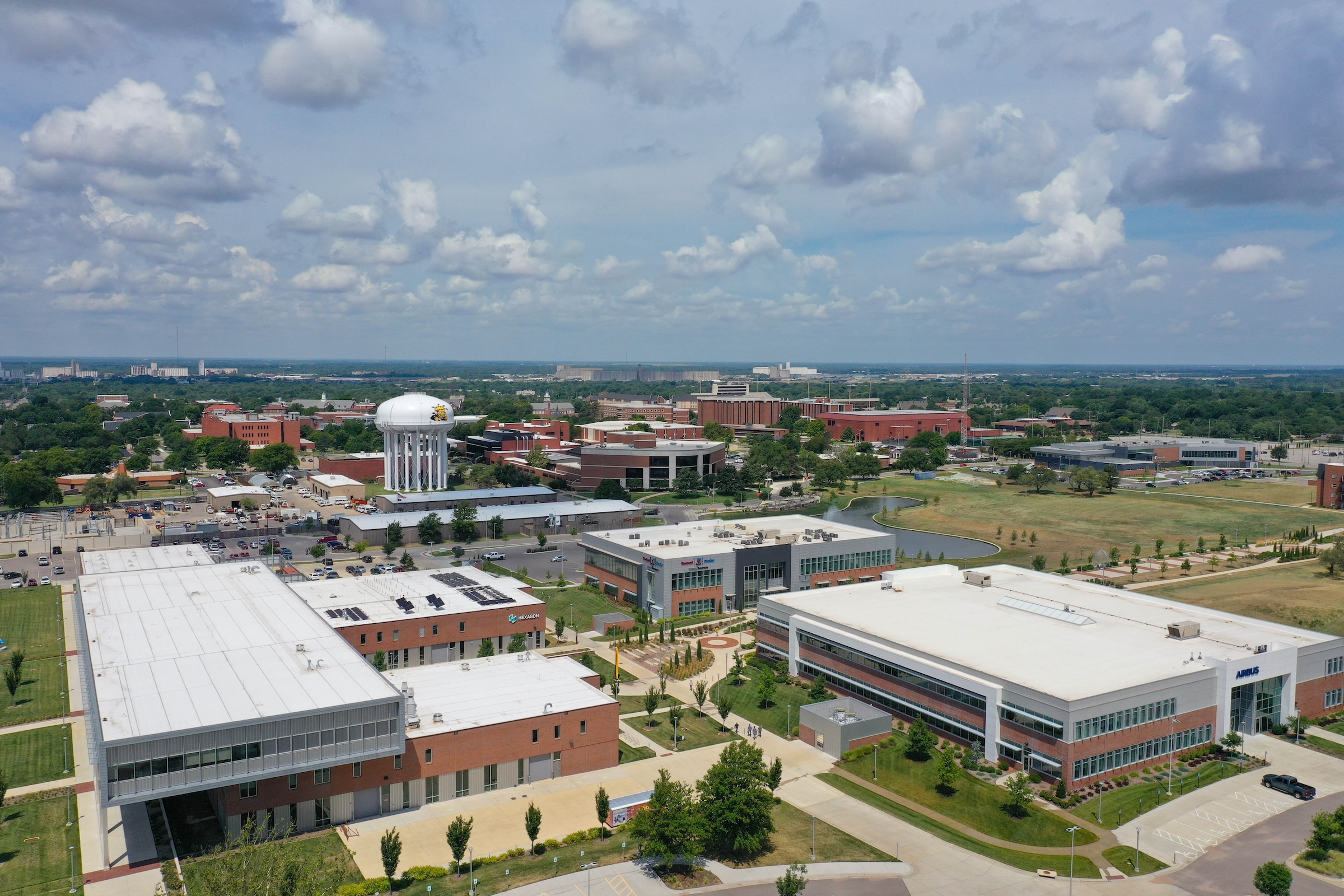
Biomedical Engineering department faculty have brought more than $2.2 M in research grants as Principal Investigators and Co-Principal Investigators from NIH, NSF, and NASA, as well as received other industrial-sponsored grants and internal grants. Additionally, our faculty published 27 peer-reviewed research articles from 2021 to 2023. Our faculty maintain active research in the below laboratories.

Dr. Nils Hakansson's research focuses on the interaction of the nervous, muscular, and skeletal systems in the production of human movement under conditions of health and disability with the objective of designing assistive devices and preventing injuries.
Specific Research Topics:

In the BioME Lab, Dr. Kim Cluff’s research team aims to develop novel quantitative approaches to improve medical diagnostics and treatment monitoring through application of mathematics, computational medicine, bioinstrumentation, and biomedical sensor design.
Specific Research Topics:

Dr. Yongkuk Lee's research focuses on fundamental studies of mechanics and materials in flexible and stretchable electronics.
Specific Research Topics:

Dr. David Long's research focuses on (1) discovering and understanding fundamental mechanobiological mechanisms relevant to health and the human condition; (2) developing novel techniques and technology to enable the treatment and prevention of disease; and, (3) contributing to the development of a virtual twin of cells.
Specific Research Topics:

Dr. Yuanyuan Gao's research focuses on the development and clinical application of neuroimaging technologies to stroke rehabilitation.
Specific Research Topics:

The focus of Dr. Anil Mahapatro's lab is in the area of modification and surface engineering of biomaterials with two major research thrusts as follows:
Specific Research Topics: